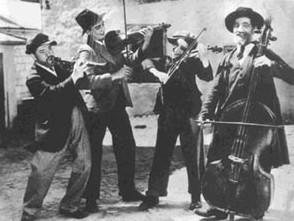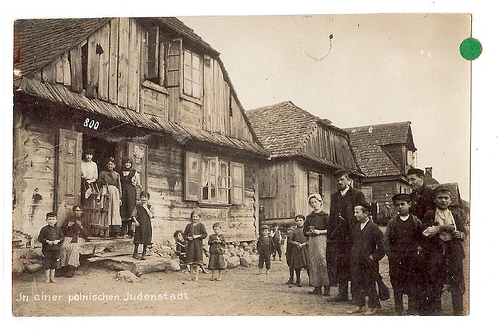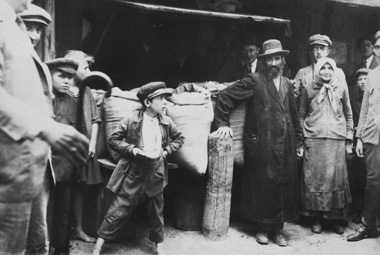I love working on my Masters Course and I’m glad I decided to opt for part-time
because it is allowing me to savour every bit of creative writing that I’m
producing. As promised several months ago, I'm going to share a
bit of my work with you.
One of the many areas we've been looking at is ekphrasis writing. This is writing
creatively from a piece of artwork and it has caught my imagination big time. My first attempt was from a picture called
Messiah that is in Leicester’s New Walk Museum German Expressionist Collection.
At first glance I mistook it to be representative of Hitler Youth and the
Führer’s hoped-for Arian race but then I discovered that Ernst Neuschul painted it in 1919, before the rise of Nazism. He had an exhibition of his paintings closed down by
the Nazis because he was Jewish. He also lost his teaching post for the same
reason and managed to escape Prague just in time to save his life.
When he painted this
picture he was a young artist and a yoga enthusiast, and possibly thought that the world would be a kinder place.
Based on the painting ‘Messiah,’
by Ernst Neuschul
Messiah?
The symmetry of sunbeams
across angular mountains
that hypnotic manic stare
finger on fourth chakra
body proud
yoga honed
the conceit
of youthful talent
before Juden war
Verboten
before the daub of swastikas
before the last train out of Prague







